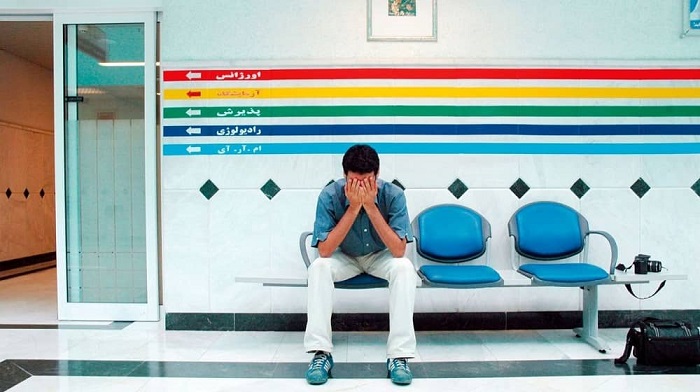
According to a head nurse from a Tehran state-run hospital, each week witnesses two to three patients absconding post-treatment without settling their bills. Most of these cases emerge from the emergency department, primarily involving injured construction workers and the destitute, some of whom have undergone heart or brain treatments.
The majority of these escapes tend to coincide with peak visiting hours, occasionally aided by compassionate nurses. Mahmoud Omidi, a nursing activist, pointed out the undue burden nurses face when these escapes occur. They are subjected to “unlawful” investigations about a patient’s departure, despite not being responsible for retaining patients. Many nurses even face wage and bonus deductions in certain hospitals.

Mounting costs, limited medicines, and escalating charges for tests and stays are forcing many patients to either halt their treatments midway or, more alarmingly, “escape” after availing services without settling their dues.
A poignant dimension of the report highlighted the distressing fate of deceased patients. Some families, overwhelmed by steep hospital settlement costs, refrain from even collecting their deceased relatives. For instance, an Afghan worker underwent heart surgery in a Tehran hospital but didn’t survive. His acquaintances faced a bill of 100 million tomans, which they couldn’t settle, leaving the hospital to deal with the body. In such cases, unclaimed bodies remain in morgues for days until they are buried anonymously.
Mohammad Sharifi Moghadam, Secretary-General of the Nurses’ House, unveiled another disturbing fact: a renowned Tehran hospital has secluded rooms where they confine destitute patients until they can settle their bills.
Ettela’at- April 26: People are struggling with the high prices and the shortage of special #medicine but previous administrations have only resorted to mere rhetoric instead of addressing the root cause of the issue. pic.twitter.com/A3tSMupt8v
— NCRI-FAC (@iran_policy) April 28, 2023
A harrowing account of a 14-year-old girl confined in an Isfahan hospital for her 50 million tomans treatment cost stands testament. Her family took two months, accruing significant debt, to amass the amount.
These alarming incidents aren’t anomalies. Reports from a Sistan and Baluchestan province hospital confirm that countless patients have been informally detained over the past five years until their debts are settled.
In a nation where the elite indulge in luxurious living or secure medical treatment abroad, the common citizen’s price for illness or even death seems disproportionately high. For many, the ultimate cure appears to be rectifying the core ailments plaguing Iran’s system.

MEK Iran (follow us on Twitter and Facebook), Maryam Rajavi’s on her site, Twitter & Facebook, NCRI (Twitter & Facebook), and People’s Mojahedin Organization of Iran – MEK IRAN – YouTu







